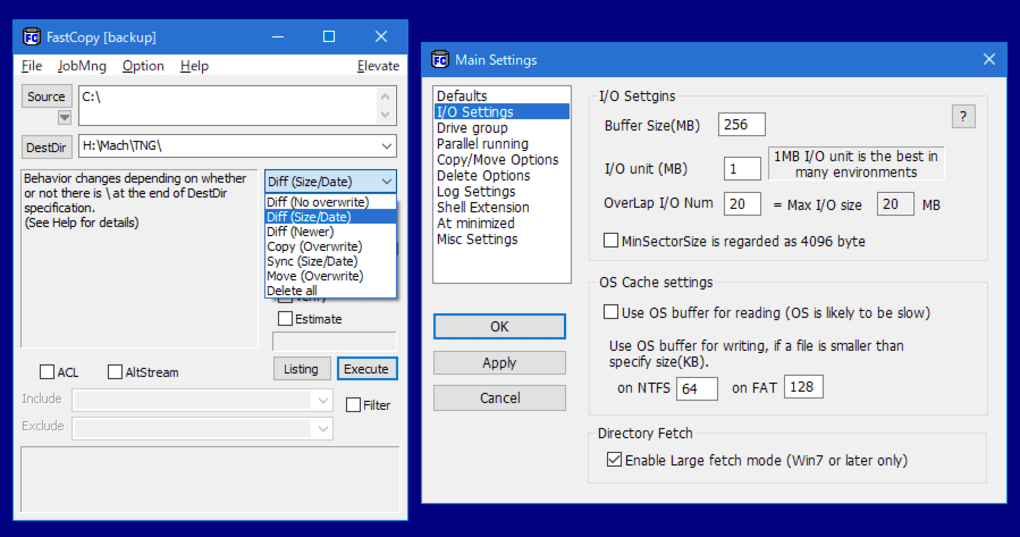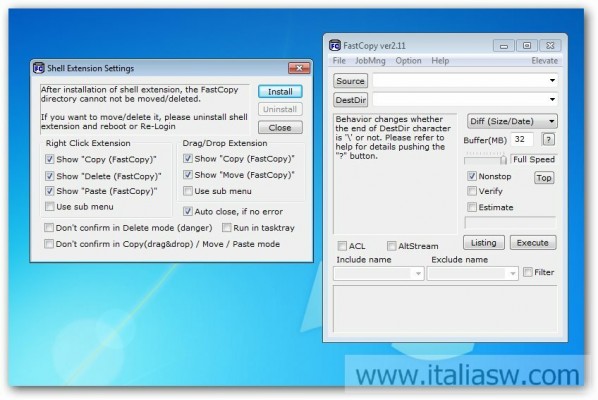
Customer Relationship Management) that supports one or more business processes. Contrast this to a traditional Enterprise application consists of a collection of related systems working together to deliver an application (e.g. Hadoop systems typically support different applications and business processes, many of which will be unrelated. To comply with the standard Hadoop architecture, the protection methodology needs to be software-driven and ideally should exploit the distributed properties of the Hadoop architecture so that data protection processing can scale with the environment. However, in a standard Hadoop architecture where physical servers with direct attached storage is used, neither of these approaches is available. In many cases we have to resort to intelligent storage or in the case of virtualisation, the hypervisor to provide these optimisations. This is where we rely on the infrastructure to optimise the flow of data movement between the source of the data undergoing protection and the protection storage system. When we are challenged to protect large volumes of data frequently we are forced to resort to infrastructure centric approaches to data protection. Protecting a centralised data repository that is addressable by a few servers is arguably simpler than supporting a large collection of servers each owning a portion of the data repository that is captive to the server. Contrast this to a traditional Enterprise application that spans only a few servers and is usually reliant on centralised intelligent storage systems.įrom a data protection perspective, which is going to be more challenging? Not only is the computing distributed but for the standard Hadoop architecture, storage is distributed as well. Hadoop is a distributed system that spans many servers. This will help us navigate how we should think about data protection in a Hadoop environment. And so we are left with the hope that Hadoop’s inbuilt data protection properties will be good enough.īefore we dive into answering is Hadoop’s inbuilt data protection properties good enough, I wanted to share some fundamental differences between Hadoop and traditional Enterprise systems. We are inundated by the size and scale of the problem.

So if we play it back, we can’t turn to our traditional backup vendors as they don’t have integrated Hadoop solutions. Hadoop has some inbuilt data protection properties.Hadoop size and scalability is daunting when you consider most of us come from a background of providing data protection for monolithic environments that are in the 10’s of TB rather than the 100’s or 1000’s of TB for a single system.
FILESYS FASTCOPY SOFTWARE

It is an unusual question because most of my customers don’t ask do we need data protection for Oracle, DB2, SAP, Teradata or SQL environments? I think it is safe to say the majority of these environments are always protected. One of the questions I often get asked is do we need data protection for Hadoop environments?


 0 kommentar(er)
0 kommentar(er)
